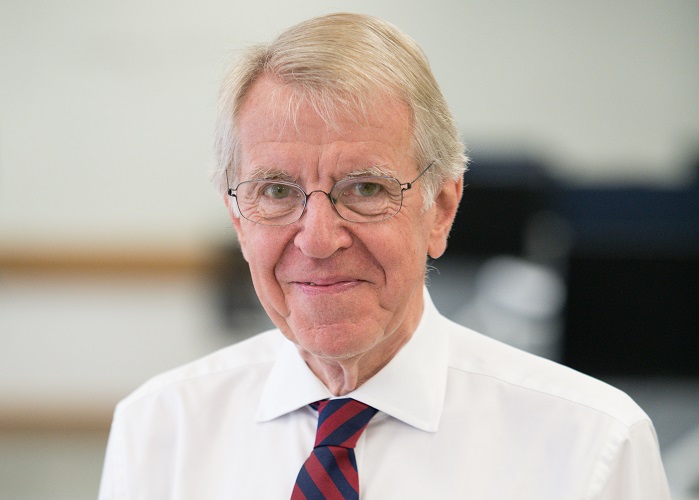A welcome from our Executive Chair
Our Executive Chair, Sir Alan Wilson, introduces the Ada Lovelace Institute.
4 December 2018
Reading time: 2 minutes

The Ada Lovelace Institute (Ada) has been established by the Nuffield Foundation with a £5m commitment, and with the support of founding partners.
The Nuffield Foundation is an independent charitable trust with a mission to advance educational opportunity and social well-being across the UK. It has long been at the forefront of addressing the ethical questions raised by scientific advancements. In 1991, the Foundation established the Nuffield Council on Bioethics, which has been influential in establishing ethical frameworks for policy and regulation relating to innovations in biology and medicine.
Ada has been created with the support of founding partners: The Alan Turing Institute, the Royal Society, the British Academy, the Royal Statistical Society, Wellcome Trust, Luminate, techUK and the Nuffield Council on Bioethics.
Ada is named after the mathematician Ada Lovelace (1815–1852), who wrote in visionary terms about computing and its application in the wider world. Ada Lovelace is famous for some of the earliest ever written reflections on artificial intelligence, arguing of the computer in a statement that was famously framed as the ‘Lovelace objection’ that: ‘The Analytical Engine has no pretensions whatever to originate anything. It can do whatever we know how to order it to perform.’ Much later, this influenced Alan Turing to intervene with the notion of a ‘Turing Test’ – the test of a machine’s ability to exhibit intelligent behaviour indistinguishable from that of a human.
This debate between perspectives remains a live part of the discussion about the ethical and social implications of artificial intelligence – the extent to which technology is able to, or should, replace or work in partnership with, human intelligence.
We are very grateful to the Trustees and staff of the Nuffield Foundation, particularly Imogen Parker who has led the development of the Institute, for their enthusiasm and support, and to the colleagues from our partner organisations who formed the initial Advisory Board of the embryonic Institute: Dame Colette Bowe, Julie Maxton, Hetan Shah, Genevra Richardson, Martin Tisne,
Dan O’Connor, Pete Mills, Helen Margetts and Antony Walker. We would also like to acknowledge the large number of individuals working in this field for their time and generosity in contributing to this project.
A new, a vast, and a powerful language is developed
for the future use of analysis, in which to yield
its truths so that these may become of more
speedy and accurate practical application for the
purposes of mankind than the means hitherto in
our possession have rendered possible.
– Ada Lovelace